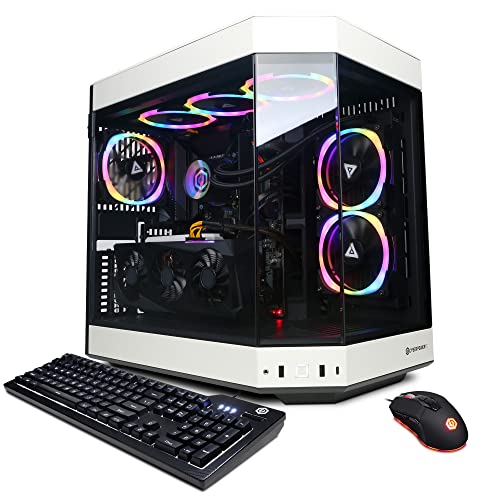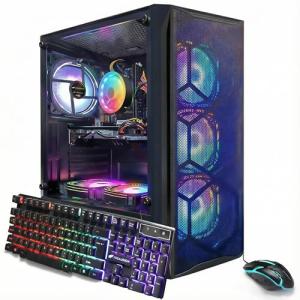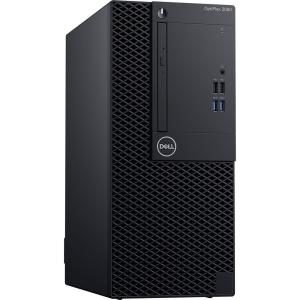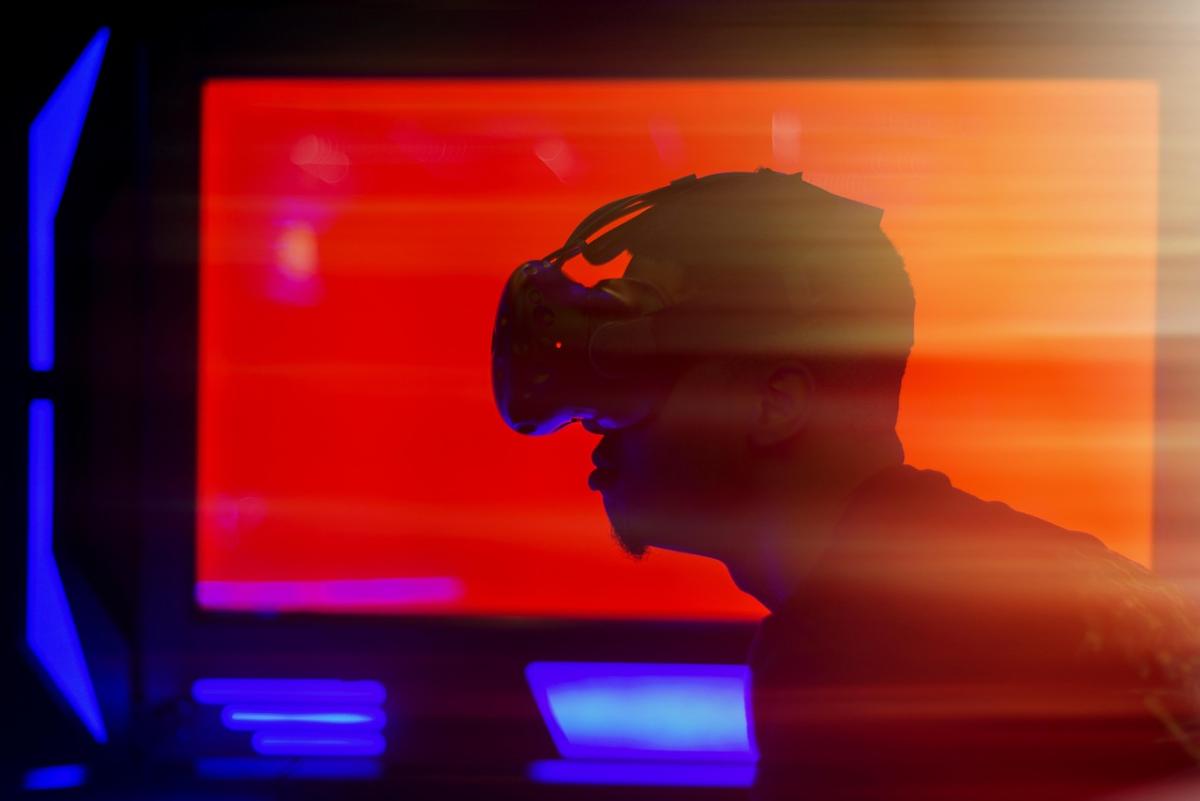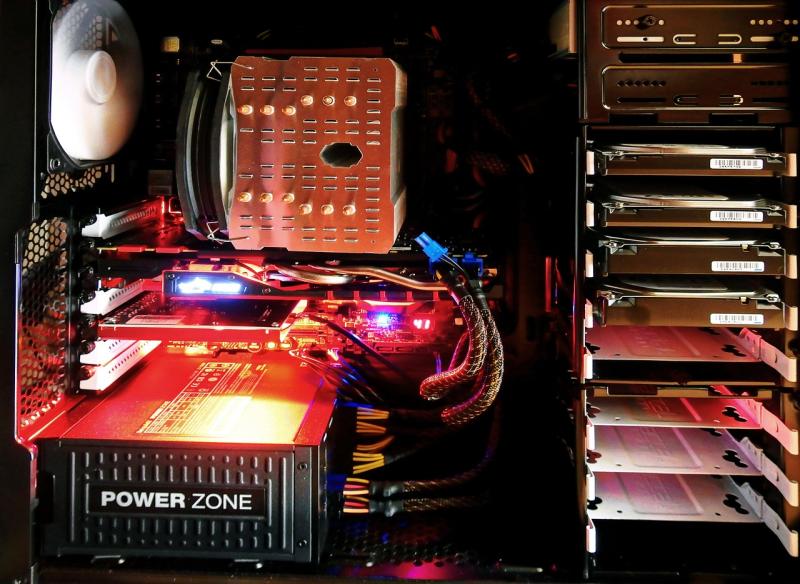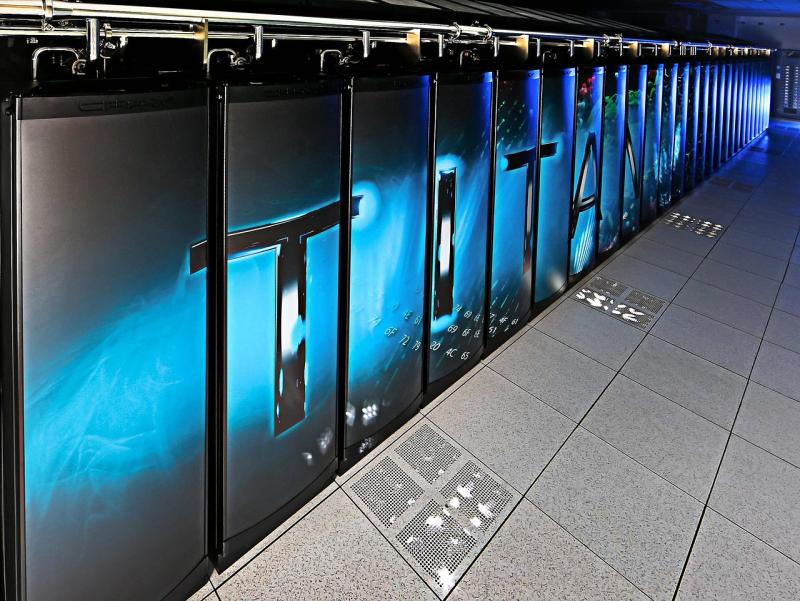**Introduction**
Virtual reality is transforming how we experience digital content, and modular VR systems offer the ultimate combination of performance and adaptability. By decoupling key components—such as headsets, tracking sensors, and processing units—modular VR solutions allow users to upgrade and customize their immersive setups to meet evolving demands. This article investigates the technological innovations behind modular VR systems and how they empower gamers, educators, and professionals to tailor immersive experiences with flexibility and ease.
**Technological Innovations**
- **Interchangeable VR Components:**
Modular designs enable users to swap out elements such as headsets, controllers, and tracking systems, ensuring that each component can be updated independently as technology advances.
- **Customizable Processing Units:**
Dedicated VR processing modules can be upgraded or replaced, offering desktop‑grade performance in portable VR setups.
- **Enhanced Connectivity and Interoperability:**
Standardized interfaces and universal connectors ensure seamless compatibility between VR modules and host PCs.
- **Scalable Tracking and Sensor Solutions:**
Advanced sensor arrays and camera systems that can be expanded or reconfigured provide more accurate tracking and an improved field of view, elevating immersion.
**Applications and Benefits**
- **Future‑Proof Immersive Experiences:**
Modular VR systems allow enthusiasts to continually upgrade their setups without replacing the entire system, ensuring that their equipment remains cutting‑edge.
- **Customizable User Experience:**
Gamers, educators, and professionals can tailor their VR setups to suit specific applications, from intensive simulations to creative design.
- **Cost‑Effective Upgradability:**
Upgrading individual modules is more economical than investing in an entirely new system, protecting your investment.
- **Enhanced Collaboration:**
Modular designs facilitate easier integration with collaborative VR environments, supporting multi‑user interfaces across varied platforms.
**Future Directions**
Future modular VR systems will likely include AI‑driven configuration tools that suggest optimal module configurations based on user habits and application needs. As tracking technology and wireless connectivity improve, these systems will offer even more immersive, flexible, and accessible VR experiences for a broader range of users.
**Keywords:** modular VR, immersive computing, VR customization, upgradeable VR, VR components, standardized VR modules, next‑gen VR, flexible virtual reality
Modular VR Systems
Expanding the Boundaries of Immersive Computing
Related Articles
Essential High-Performance PC Components You Need Now
Upgrade your setup with the must-have parts for unbeatable gaming and productivity
Top Picks for Best High-Performance PCs
Find the perfect power machine for gaming, work, or creative projects
Your Guide to the Best High-Performance PCs
Find the Right PC for Your Gaming and Creative Needs
View our related products
See more
